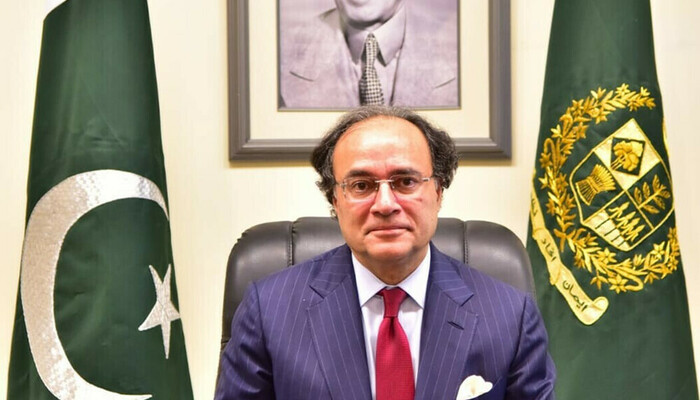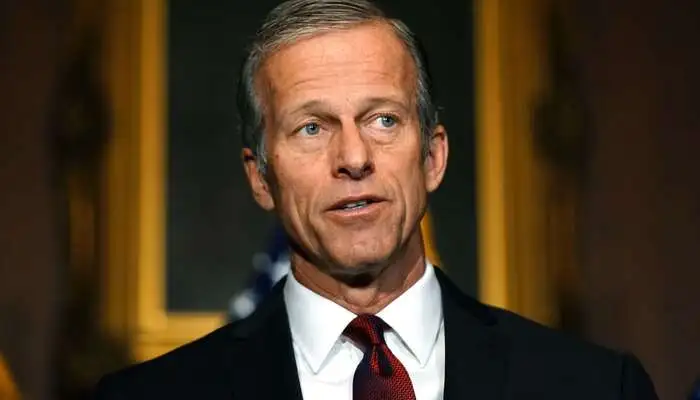
ISLAMABAD: The government has decided to recover taxes from all sectors, including real estate, wholesale, and agriculture, which have previously evaded contributing their fair share.
Finance Minister Muhammad Aurangzeb announced this during a televised address on Sunday. He also called for a national Charter of Environment to tackle critical issues like climate change, child stunting, and population growth.
Firm Enforcement on Taxes
The finance minister stressed the necessity of tax compliance.
“This [paying of taxes] is not a request. This is something which we have to do,” Aurangzeb said.
He vowed strict enforcement, ensuring all sectors contribute to the economy. He specifically mentioned real estate, wholesale, and agriculture, which have traditionally avoided taxes.
“We are going to be very firm on compliance and enforcement,” he said, urging stakeholders to prepare for inevitable changes in the tax regime.
Aurangzeb clarified that continued reliance on the salaried class and manufacturing sector was no longer sustainable.
Climate and Population Emergencies
The minister highlighted the urgency of addressing climate and population challenges.
Aurangzeb, who recently attended the COP29 summit in Baku, described these issues as “existential problems.”
He revealed alarming statistics: 40% of children in Pakistan face stunted growth, and the growing population could prevent the economy from achieving its potential.
“We are facing a population and climate emergency,” he said, calling for immediate action on issues like flooding, decarbonization, and pollution.
He also noted the high number of out-of-school children, particularly girls, as another barrier to sustainable development.
Aurangzeb proposed a Charter of Environment to unify political parties, media, and society in addressing these crises.
Economic Progress Recognized
The minister highlighted the international community’s acknowledgment of Pakistan’s economic recovery.
“Pakistan’s macroeconomic turnaround in just 14 months has been recognized,” Aurangzeb said.
Despite this, he cautioned against complacency and emphasized the need to build on current stability.
He announced that Prime Minister Shehbaz Sharif would soon reveal a “homegrown economic roadmap” developed in consultation with stakeholders.
Positive IMF Engagement
Aurangzeb detailed progress in talks with the International Monetary Fund (IMF).
He stressed that the reforms, including taxation, energy, and state-owned enterprises restructuring, align with Pakistan’s interests.
“There is nothing in these promises or discussions against the interest of Pakistan,” he assured.
Aurangzeb highlighted achievements like reducing inflation from 38% to 7%, cutting the policy rate to 15%, and improving foreign exchange reserves to cover 2.5 months of imports.
He commended provincial governments and their cooperation in managing public finances and meeting IMF benchmarks.
Follow Day News on Google News, Instagram, YouTube, Facebook, Whats App, and TikTok for latest updates










